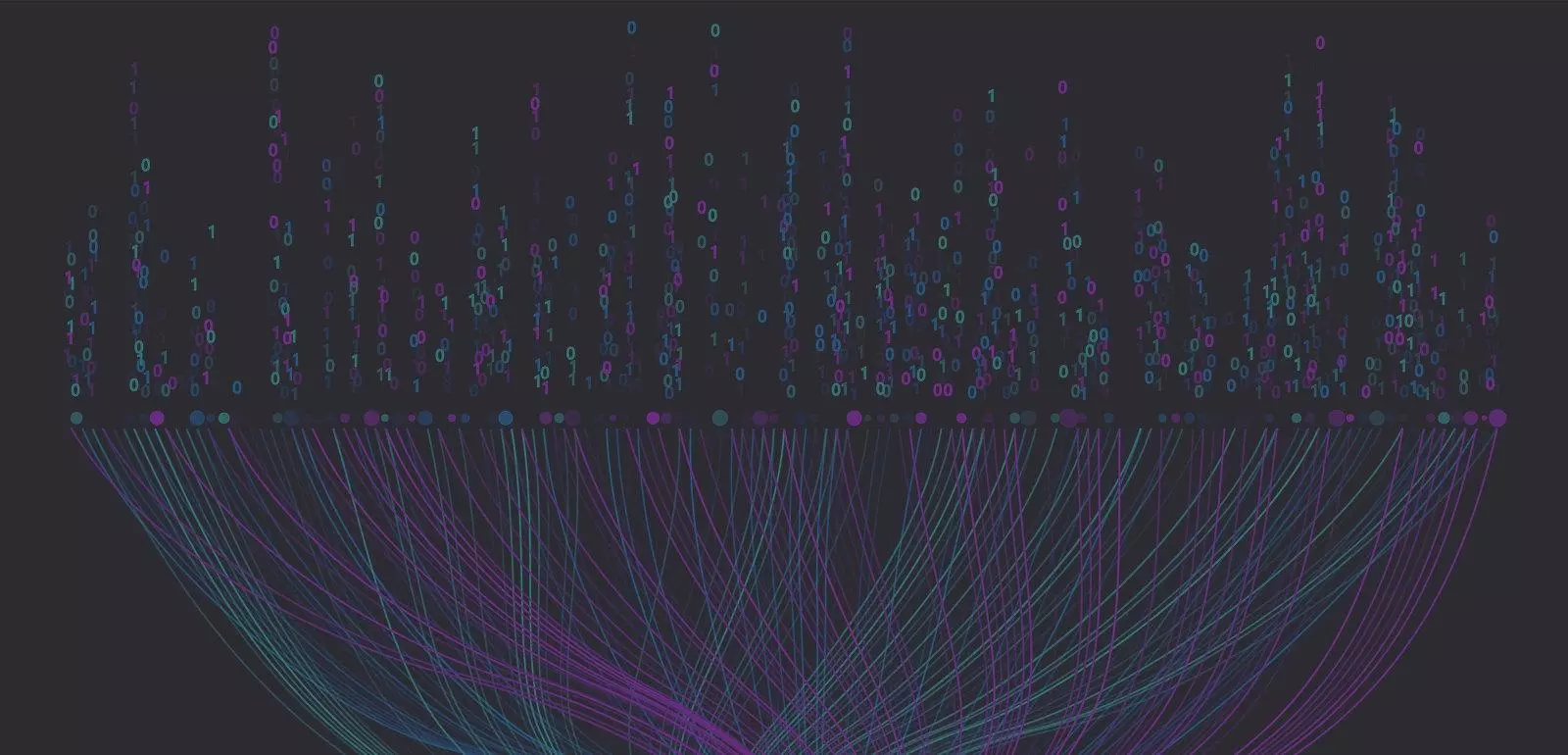The world is full of data. As we move from the age of the computer into the age of automation, the cloud, and massive data collection, big data has become the new buzz word. In every industry, data collection has gone through the roof, thanks to the Internet of Things (IoT) and artificial intelligence (AI).
As of 2018, there were 5 quintillion bytes of data produced each day. This has left companies with more data than they know what to do with, as 60% to 73% of enterprise data goes unused and unanalyzed. In addition, the big data market was worth $35 billion in 2017 and is projected to be worth $90 billion by 2025. This has prompted the development of data analytics programs in colleges across the U.S. to help train people to manage this data, structure it, and pull meaning from it.
What Is a Data Analytics Program?
All of the data collected by companies in the age of big data is just that – data. It has no meaning unless it is analyzed and interpreted. Companies have so much data that they now need specialists to do the job. Data analytics programs provide students with the education and training they need to take the data from a company and analyze it. Through this analysis, they learn to find patterns and meaning in the data and make predictions based on that information.
Students who are interested in big data and data analytics will find there are many options when it comes to potential programs. If they are already employed and want to add to their skill set, there are week-long intensives. For those just starting or who want a more profound career shift, there are bachelor’s and master’s degree programs that provide a thorough education in data analytics.
Types of Data Analytics
There are four different types of data analytics you can learn when you take a data analytics program. Each type provides various information that is vital to the operation of a business. The four types of data analytics are:
Descriptive Analytics – Provides information on the outcomes for the business (i.e., what happened). Descriptive analytics relies on the use of key performance indicators (KPIs) and the use of metrics, such as return on investment (ROI).
Diagnostic Analytics – This type of analytics provides information on why the outcomes are as they are. This requires digging deeper than just descriptive analytics to identify anomalies and find relationships and trends to explain them.
Predictive Analytics – This is a way to use data to predict what will happen in the future. Statistical learning uses techniques like decision trees and regression to provide insight into what business might be like in the coming months and years.
Prescriptive Analytics – This form of data analytics uses predictive analytics and digs deeper. This allows decision-makers to make informed decisions about what should be done for the business to successfully move forward and achieve the operational goals set for the company.
Potential Careers in Big Data Analytics
Several potential careers are available to those who have an education in data analytics. Many of these careers span across industries, which opens up a number of potential job prospects. Careers can include:
- Operations Research Analyst
- Market Research Analyst
- Credit Analyst
- Intelligence Analyst
- Information Security Analyst
- Statistician
- Clinical Data Management
- Computer and Information Research Scientist
- Computer and Information Systems Management
How to Choose a Data Analytics Program
When deciding on the right data analytics program, there are few things to take into consideration. First and foremost, be sure this is the right field for you. Yes, data analysts can make a good income, but you also need to be happy in your career. If big data analysis is something you really enjoy, then consider the following when choosing your program:
The path you want to take – Are you interested in the research side of data science, or do you want to be in the thick of the business world, using data analytics for practical applications and outcomes? It’s also worth considering in what industries you most want to work.
The reputation of potential schools – You want to be sure you are studying at a top-quality school. Check not only the reputation of the data analytics program but also their math and internet technology programs. Look for feedback and reviews from alumni and ratings that show how the college and program rank compared to others.
Whether the curriculum is comprehensive – In addition to the fundamental data analysis you will learn, which should include both computational and statistical forms of analysis, it is also essential that you learn about the professional, ethical, and legal aspects of big data analysis. Also, the best programs ensure you know how to communicate the findings of your analyses accurately.
What are alumni doing – As with any program, you want to see that past graduates are working successfully in their field. The more graduates of the program that are hired, the better the program.
The potential for networking – The more opportunities you have to connect and network with alumni and other professionals in the industry, the better. There should be a diverse opportunity for networking offered by the program.
The potential to get hands-on experience – You want to be sure the program offers you the chance to work on real-world projects. Ideally, by the time you graduate, you should have projects in your portfolio that show the range of your skills and experience.
In the end, choosing a top-notch big data analytics program is much like choosing any other college program. Do your research, narrow down your options, and drill down to see which ones provide you with the best opportunities. This offers you the best path to the big data analytics career of your dreams.

